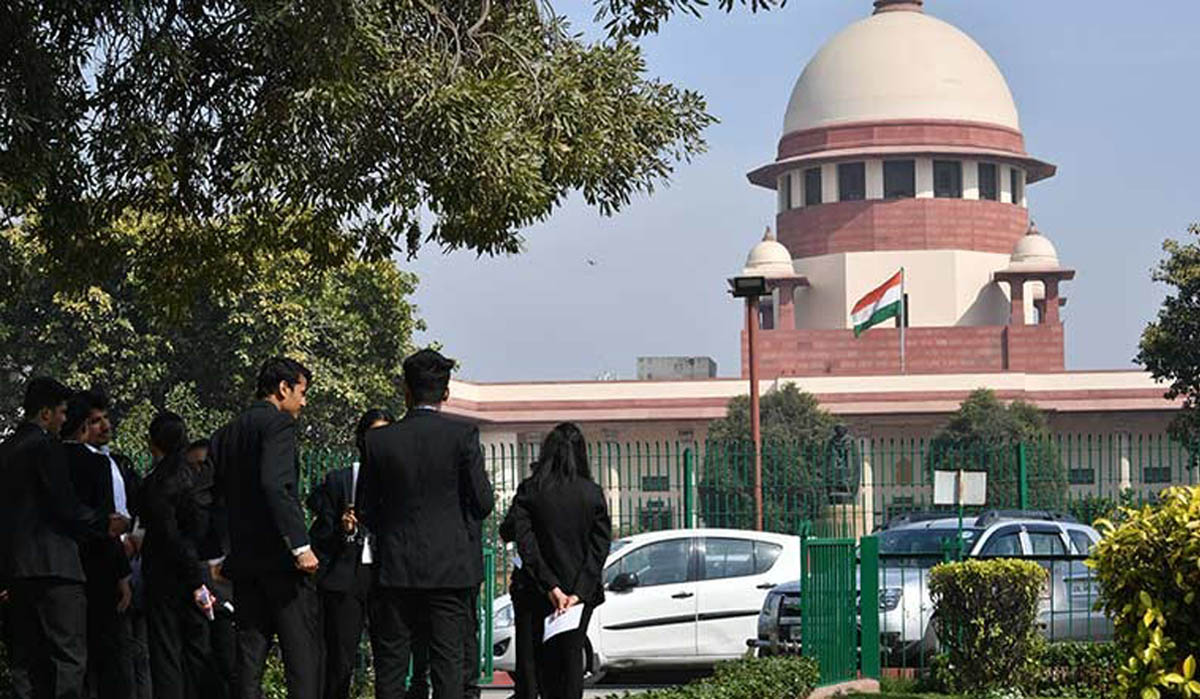In a setback to the Centre, the Supreme Court on Thursday held that states have the legislative competence to impose taxes on mines and minerals-bearing lands under the Constitution.
In a majority verdict of 8:1, a nine-judge Constitution bench held that royalty payable on minerals is not a tax. Chief Justice D.Y. Chandrachud, who read out the verdict for himself and seven judges of the bench, held that Parliament does not have the power to tax mineral rights under Entry 50 of List II of the Constitution.
Entry 50 of List II of the Constitution pertains to taxes on mineral rights subject to any limitations imposed by Parliament by law relating to mineral development.
Reading the operative part of the majority verdict, the CJI said the 1989 verdict of the apex court's seven-judge Constitution bench, which had held that royalty is tax, is incorrect. At the outset, the CJI said the bench has delivered two separate verdicts and Justice B.V. Nagarathna has given dissenting views. Reading out her verdict, Justice Nagarathna said the states do not have the legislative competence to levy taxes on mines and minerals-bearing lands.
The bench decided the hugely contentious issue of whether the royalty payable on minerals is a tax under the Mines and Minerals (Development and Regulation) Act, 1957, and if only the Centre is vested with the power to levy such exaction or states also have the authority to impose levies on mineral bearing land in their territory.
Besides the CJI and Justice Nagarathna, the other members of the bench are Justices Hrishikesh Roy, Abhay S. Oka, J.B. Pardiwala, Manoj Misra, Ujjal Bhuyan, Satish Chandra Sharma and Augustine George Masih.




.jpg.image.100.58.jpg)





